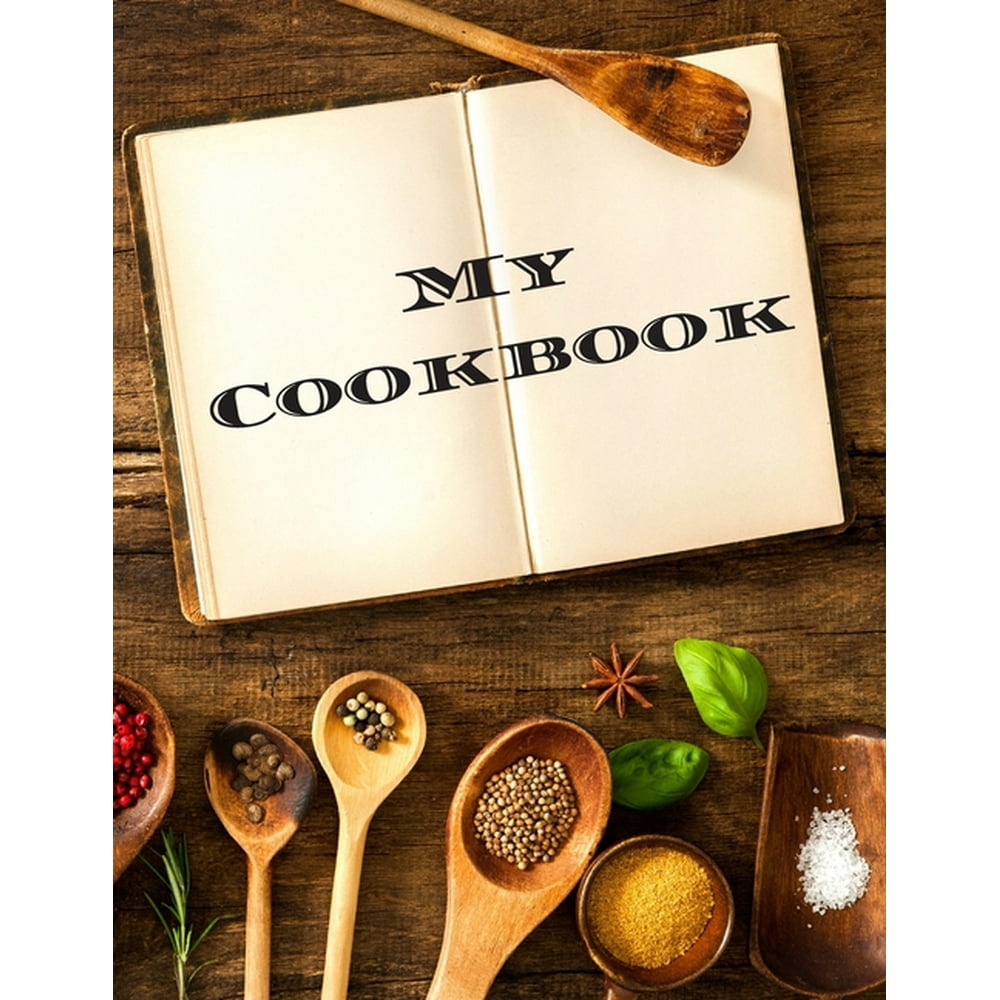
The Making of a Cookbook Part 1: Planning and Preparation
Creating a cookbook is an exciting and rewarding project that requires careful planning and attention to detail. In this first article in a series, we’ll take you through the initial steps involved in creating your own cookbook, from brainstorming ideas to gathering and organizing recipes.
Brainstorming Ideas
The first step in creating a cookbook is to brainstorm ideas for the theme or focus of the book. Consider your personal experiences, interests, and expertise in cooking. Some common cookbook themes include:
- Regional cuisine: Explore the culinary traditions of a specific region or country.
- Cuisine type: Focus on a particular type of cuisine, such as vegetarian, vegan, gluten-free, or ethnic cuisine.
- Seasonal cooking: Create a cookbook that features recipes for each season, highlighting fresh and seasonal ingredients.
- Special occasions: Compile recipes for special occasions such as holidays, birthdays, or dinner parties.
- Specific dietary needs: Create a cookbook that caters to specific dietary needs, such as low-carb, low-fat, or allergy-friendly recipes.
Gathering and Organizing Recipes
Once you have a general idea of the theme or focus of your cookbook, it’s time to start gathering and organizing recipes. Here are some tips for gathering and organizing your recipes:
- Use a variety of sources: Draw inspiration from cookbooks, magazines, online recipes, and your own family recipes.
- Test and adapt recipes: Make sure to test each recipe thoroughly before including it in your cookbook. Adjust the ingredients and instructions as needed to ensure that the recipes are accurate and easy to follow.
- Organize recipes: Group recipes by category, such as appetizers, main courses, side dishes, and desserts. You can also organize recipes by difficulty level, cooking time, or special dietary needs.
- Standardize ingredients and measurements: Use consistent measurements and ingredient names throughout your cookbook. This will make it easier for readers to follow the recipes.
Products You’ll Need
- Cookbooks
- Magazines
- Online recipes
- Recipe cards
- File folders
- Recipe binder
- Kitchen equipment
Conclusion
The planning and preparation stages are essential for creating a successful cookbook. By brainstorming ideas, gathering and organizing recipes, and standardizing ingredients and measurements, you’ll lay the foundation for a cookbook that is informative, engaging, and easy to use. In the next article in this series, we’ll discuss the importance of recipe writing and testing, as well as tips for creating beautiful and informative cookbook layouts.















